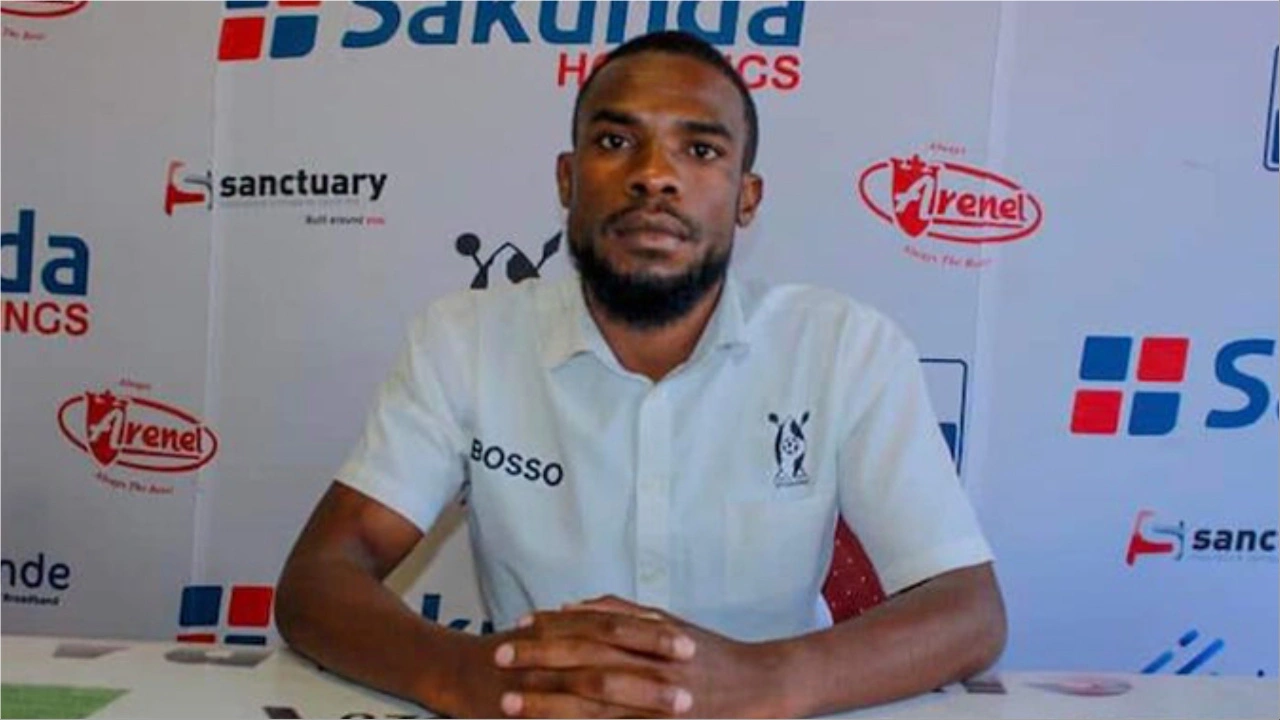Arthur Mutambara Biography | Age | Wife | Children | Qualifications | Career as a Politician | Books
Arthur Guseni Oliver Mutambara is a Zimbabwean politician, academic and author. He assumed the role of president of the Movement for Democratic Change (MDC) in February 2006. Additionally, he has been associated with the Africa Technology and Business Institute since September 2003, serving as its director and CEO. As part of a power-sharing arrangement in September 2008, Mutambara held the position of one of the two Deputy Prime Ministers in the government, from 2009 to 2013.
Age
Arthur Mutambara was born on 25 May 1966.
Wife
Arthur Mutambara’s wife is Dr Jackie Chimhanzi.
Children
- Kundai Mutambara
- Gutsai Mutambara
Qualifications
- Bachelor of Science: Electrical and Electronic Engineering (honours) (1990) from the University of Zimbabwe
- Master of Science: Electrical Engineering/Computer Engineering (1992) from the University of Oxford
- Doctor of Philosophy: Robotics and Mechatronics (1995) from the University of Oxford.
Education and Early Activism
Mutambara served as the President of the Student Representative Council at the University of Zimbabwe during the years 1988 and 1989. During his tenure, he led protests against the government, which resulted in his arrest and subsequent imprisonment.
Later, in 1991, he received a Rhodes Scholarship and pursued higher education at Merton College, Oxford, in the United Kingdom. He successfully earned a DPhil in Robotics and Mechatronics.
Additionally, he spent time as a visiting Fellow in the same field at esteemed institutions such as the California Institute of Technology, Massachusetts Institute of Technology, and Florida A & M University – Florida State University College of Engineering.
Furthermore, Mutambara worked as a lecturer in Business Strategy and also served as a consultant for McKinsey & Company.
Career as a Politician
In 2005, the MDC experienced a division when a disagreement arose over participating in the March 2005 senatorial election. The MDC leader, Morgan Tsvangirai, along with Mutambara and others, opposed participating, while Welshman Ncube and Gibson Sibanda led a faction that supported participation. The faction in favour of the senate elections won narrowly against Tsvangirai’s vote. Later, Tsvangirai overruled the decision, citing two absent members who had sent postal votes that cancelled the slim margin.
In February 2006, at a Congress of the breakaway faction Movement for Democratic Change, Mutambara was elected as the party’s president.
On 19 May 2006, Mutambara was arrested by Zimbabwe police while leading a march in support of his faction’s candidate on the eve of the Budiriro by-election. He was also arrested on 11 March alongside other MDC leaders from the opposing faction. He was released without charges two days later, only to be re-arrested on 18 March at Harare Airport while en route to South Africa. Again, he was released without charges after three days in custody.
After unsuccessful attempts to unite with Tsvangirai for a single MDC candidate in the March 2008 presidential election, Mutambara announced on 15 February that he would not run for president. Instead, his faction would support Simba Makoni.
During the concurrent parliamentary election, Mutambara ran for a seat from the Zengeza East constituency but placed third according to official results, receiving 1,322 votes. The Tsvangirai faction won 7,570 votes, and the ZANU–PF candidate won 3,042 votes.
Following the parliamentary election, Mutambara and Tsvangirai announced on 28 April 2008 that their factions were reuniting, giving the MDC a clear parliamentary majority.
On 1 June 2008, Mutambara was arrested at his home in Harare due to an article he wrote in The Standard in April, which was accused of containing “falsehoods” and “contempt of court.” He was released on bail of 20 million Zimbabwean dollars on 3 June, with the next court date set for 17 June. After the hearing, he expressed his determination to fight for justice against Mugabe’s alleged human rights violations.
On 15 September 2008, the leaders of the 14-member Southern African Development Community witnessed the signing of a power-sharing agreement between the two MDC factions and ZANU-PF. According to the agreement, Mugabe remained president, Tsvangirai became prime minister, the MDC controlled the police, ZANU-PF controlled the Army, and Mutambara became deputy prime minister.
In 2010, Mutambara was expelled from his own party (MDC) because of his alleged admiration for Robert Mugabe. He had referred to Mugabe as ‘Father Africa’ and ‘the best leader Africa has produced,’ which upset his party’s supporters.
Career as an Academic
Between March 2002 and September 2003, Mutambara served as a professor of Operations Management at the University of South Africa’s School of Business Leadership. He has written a minimum of three academic books. Among his at least thirteen papers, the most cited one is titled “Estimation and Control for a modular wheeled mobile robot,” co-authored with Professor Hugh F. Durrant-Whyte. As of 2013, according to Scopus, his h-index was relatively modest.
Books
Mutambara authored In Search of the Elusive Zimbabwean Dream which he described as a three book series based on his political interpretations, leadership opinions and philosophical disposition over 40 years, from 1983 to 2023.
- Decentralized Estimation and Control for Multisensor Systems (1998)
- Design and Analysis of Control Systems (1999)
- Mechatronics and Robotics: Design and Applications (2000)
- In Search of the Elusive Zimbabwean Dream: An Autobiography of Thought Leadership, Volume I, II and III (2017)



